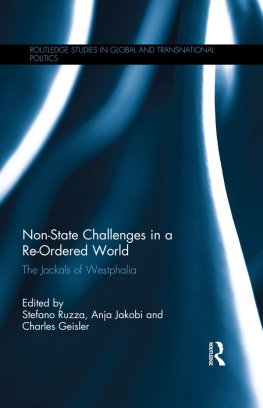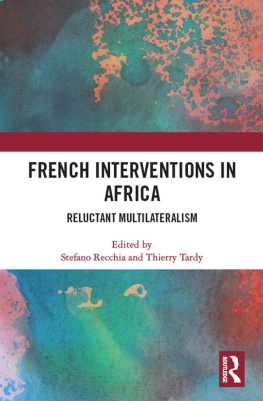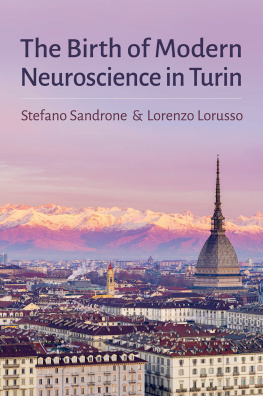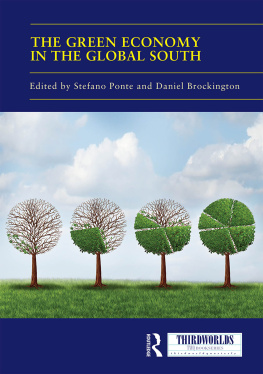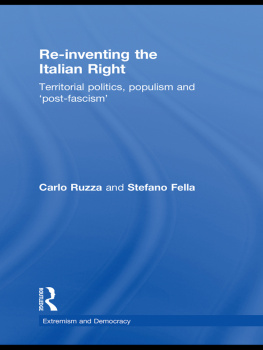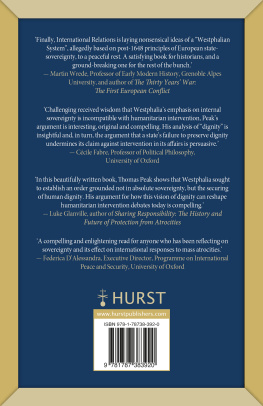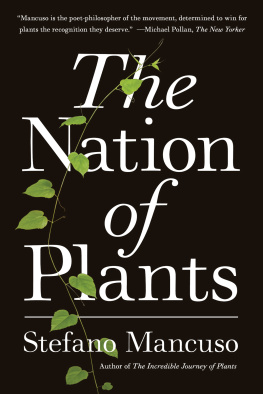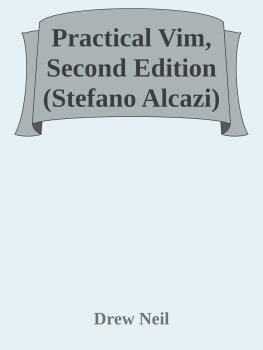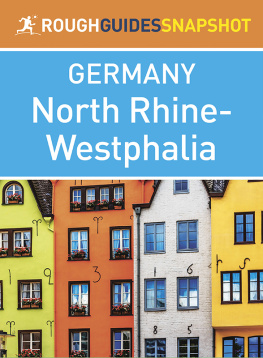Non-State Challenges in a Re-Ordered World
There is a sprawling scholarship on violence, crime, and corrupt state rule; yet few have interpreted these challenges as transformative at the global scale and as a potential source of alternative, non-state, legitimacy. This volume challenges Westphalian conservativism in a provocative yet plausible manner, shedding light on the ubiquity and diversity of unfolding non-state agendas and on their effect on the imagined state community.
Focusing on civil war parties, warlords, commercial providers of security, multinational companies, and criminal organizations, the book directs attention to theoretical questions and policy challenges arising from non-state armed expansion. To accomplish this, the contributors present a range of case studies and comparisons within three thematic sections: the first takes stock of how, when, and in what measure state and state-system legitimacy are challenged by non-state violent or criminal activity; the second addresses the nature, effectiveness, and side-effects of different state-mandated reaction to non-state activities; and the third focuses on the recombination of state and non-state actors contributing to processes of socio-political transformation.
This volume provides a current analysis of different armed and violent actors encroaching on the states monopoly of violence. It seeks to spark debate about global political change and will be of interest to students and scholars of global governance, global security, and international relations.
Stefano Ruzza is Assistant Professor of Conflict, Security and Statebuilding at the Department of Cultures, Politics and Society, University of Turin. He is also Head of Research of T.wai, the Torino World Affairs Institute.
Anja P. Jakobi is Senior Lecturer of International Relations at the Department of Politics and International Relations, Royal Holloway, University of London.
Charles Geisler is Emeritus Professor of Development Sociology at Cornell University.
Routledge Studies in Global and Transnational Politics Series
Series editors: Chris Rumford, Sandra Halperin Royal Holloway, University of London, UK
The core theme of the series is global connectivities and the implications and outcomes of global and transnational processes in history and in the contemporary world. The series aims to promote greater theoretical innovation and interdisciplinarity in the academic study of global transformations. The understanding of globalization that it employs accords centrality to forms and processes of political, social, cultural and economic connectivity (and disconnectivity) and relations between the global and the local. The series editors see the multi-disciplinary exploration of global connectivities as contributing, not only to an understanding of the nature and direction of current global and transnational transformations, but also to recasting the intellectual agenda of the social sciences.
The series aims to publish high quality work by leading and emerging scholars critically engaging with key issues in the study of global and transnational politics. It will comprise research monographs, edited collections and advanced textbooks for scholars, researchers, policy analysts, and students.
Genocide, Geopolitics and Transnational Networks
Con-textualising the deconstruction of the union patriotica in Colombia
Andrei Gomez-Suarez
Non-State Challenges in a Re-Ordered World
The Jackals of Westphalia
edited by Stefano Ruzza, Anja Jakobi and Charles Geisler
Non-State Challenges in a Re-Ordered World
The Jackals of Westphalia
Edited by
Stefano Ruzza, Anja P. Jakobi and Charles Geisler
First published 2016
by Routledge
2 Park Square, Milton Park, Abingdon, Oxon OX14 4RN
and by Routledge
711 Third Avenue, New York, NY 10017
Routledge is an imprint of the Taylor & Francis Group, an informa business
2016 selection and editorial material, Stefano Ruzza, Anja P. Jakobi and Charles Geisler; individual chapters, the contributors
The right of Stefano Ruzza, Anja P. Jakobi and Charles Geisler to be identified as authors of the editorial material, and of the individual authors as authors of their contributions, has been asserted by them in accordance with sections 77 and 78 of the Copyright, Designs and Patents Act 1988.
All rights reserved. No part of this book may be reprinted or reproduced or utilised in any form or by any electronic, mechanical, or other means, now known or hereafter invented, including photocopying and recording, or in any information storage or retrieval system, without permission in writing from the publishers.
Trademark notice: Product or corporate names may be trademarks or registered trademarks, and are used only for identification and explanation without intent to infringe.
British Library Cataloguing in Publication Data
A catalogue record for this book is available from the British Library
Library of Congress Cataloging in Publication Data
A catalog record for this book has been requested
ISBN: 978-1-138-83813-0 (hbk)
ISBN: 978-1-315-73463-7 (ebk)
Fabio Armao is Full Professor of International Relations at the University of Turin. He has been Visiting Professor at Cornell University, is a founding member of T.wai Torino World Affairs Institute and a member of the Editorial Board of Global Crime. He is member of the Standing Group on Organized Crime (European Consortium for Political Research). His current research focuses on violent non-state actors and transnational organized crime, as both local and global challengers of state sovereignty, and on the peculiar methodological problems related to this field of analysis. His most recent published work in English includes: Criminal Clusters: State and Organized Crime in a Globalised World, The European Review of Organised Crime (1:1, 2014); Mafia-owned democracies. Italy and Mexico as patterns of criminal neoliberalism, Tiempo Devorado (2:1, 2015); The Tatmadaw legacy and beyond: On the risks for the democratisation process in Myanmar, European Journal of East Asia Studies (14:1, 2015); Rethinking war. The evolution of organized violence and the post-Cold-War order (De Gruyter Open, forthcoming); Security and the city. In search of a new model of urban resilience to violent non-state actors, Noesis (forthcoming).
Edgardo Buscaglia is a Senior Scholar in Law and Economics at Columbia University, Visiting Professor at the Universidad de San Andrs (Argentina), Director of the International Law and Economics Development Centre founded at the University of Virginia at Charlotesville and President of the Institute for Citizens Action in Mexico. He has served also as Fellow at Stanford Universitys Hoover Institution from 1991 until 2008 and as a Visiting Professor of Law and Economics at the Mexican Autonomous Institute of Technology (ITAM), National Autonomous University of Mexico (UNAM), University of Virginia (USA), Universidad de San Andrs (Argentina), Hamburg University (Germany) and Georgetown University (USA) among others. He co-founded in 1995 the Latin American and Iberian Law and Economics Association. He has served as senior adviser to the United Nations, the World Bank, and to executives, legislatures and judicial systems in 111 countries since 1991. His current research focuses on the economic and legal analysis of judicial reforms, transnational organized crime and private/public sector corruption. He has published widely on these subjects in peer-reviewed scientific journals, in eleven books and for the mass media.


